How To Convert A Basement To An Apartment in Toronto
Converting a basement into a legal apartment in Toronto requires meeting strict zoning, permit, and safety regulations, including compliance with the Ontario Building Code.
You must start by confirming that your property is zoned for a secondary suite, obtain building permits, and complete construction that meets requirements for ceiling height, fire safety, separate access, adequate light, and habitability. Done properly, the process can add significant value and rental income potential to your home while avoiding legal issues.
Keep reading to understand the feasibility of renovating your basement into an apartment in Toronto.
Step-by-Step Process for Converting a Basement to an Apartment In Toronto
1. Review Zoning
The first step is to confirm that your property’s zoning allows for a secondary suite. In Toronto, most detached, semi-detached, and townhouse properties are eligible, but some neighborhoods have specific restrictions. Contact the City of Toronto’s zoning department or use the city’s online zoning maps to verify. At this stage, it’s also wise to review any potential barriers - such as setback requirements, heritage property rules, or parking provisions - that could impact your project.
2. Hire a Licensed Designer or Architect
Once you know your property qualifies, hire a licensed architect or BCIN (Building Code Identification Number)–registered designer. These professionals are familiar with Toronto’s bylaws and the Ontario Building Code, and they can create plans that meet all legal and safety requirements. An experienced designer will help you maximize your basement’s potential by considering ceiling height, light sources, fire separation, and an efficient layout while also preparing the drawings needed for permit submission.
3. Apply for Building Permits
Before any work begins, you must apply for a building permit through the City of Toronto. Your application should include complete architectural drawings, structural details, mechanical and electrical layouts, and any required engineering reports. The plans must clearly show how the finished apartment will meet code requirements for fire safety, ventilation, plumbing, electrical systems, and minimum room sizes. The city’s review process ensures your design complies with all applicable regulations before you start construction.
4. Begin Construction to Code
With permits in hand, construction can begin. This includes demolition (if needed), framing, electrical and plumbing rough-ins, insulation, drywall, finishing work, and installation of fixtures and appliances. All work must follow the approved plans exactly. If you need to make changes—such as relocating a window or altering the layout - you must submit revisions for approval before proceeding. Working with licensed contractors helps ensure the work meets both safety standards and inspection requirements.
5. Pass Required Inspections
During construction, city inspectors will visit the site at several key stages. Typical inspection points include framing, insulation, plumbing, electrical, fire separation, and final occupancy. These inspections verify that each phase of the work meets code. Failing an inspection means the issues must be corrected and re-inspected before moving forward, which is why hiring professionals with a track record of passing inspections is crucial.
6. Receive Final Approval
Once all inspections are passed, the City of Toronto will issue final approval, confirming that your basement unit is legal and ready for occupancy. This approval is important not only for renting the unit but also for protecting your investment—having a legal, code-compliant apartment increases property value and avoids future legal complications. Only after this step can you officially rent the apartment as a legal secondary suite.
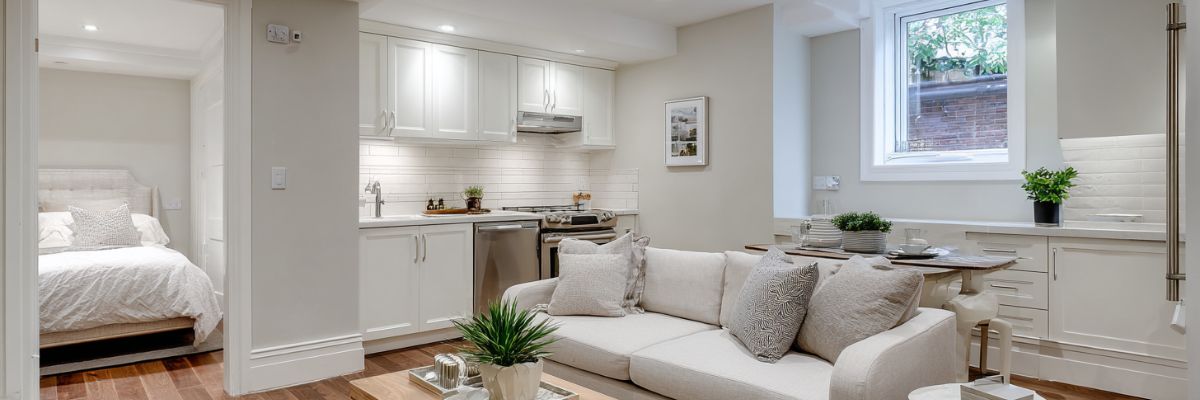
Understanding Zoning and Feasibility
Check if Your Property Qualifies
Before you invest in plans or contractors, confirm your property’s zoning allows for a secondary suite. Most detached, semi-detached, and townhouse properties in Toronto are eligible, but zoning bylaws can vary by neighborhood. You can verify this through the City of Toronto’s zoning department or by working with a licensed designer familiar with local requirements.
Impact of Zoning on Design
Zoning rules influence the layout, size, and access points for your basement apartment. For example, there may be setback requirements for new entrances or restrictions on the number of units on a single lot. Understanding these limitations early will help avoid costly redesigns later.
Permits and Planning
Why Permits Are Essential
A building permit is mandatory for any basement apartment conversion in Toronto. Without it, you risk fines, legal action, and potential orders to remove completed work. Permits ensure your renovation meets safety and structural standards, protecting both you and future tenants.
What to Include in Your Application
Your permit application must include detailed architectural and engineering drawings showing compliance with fire separation, structural safety, electrical systems, and plumbing layouts. If structural changes are involved, engineering stamps may be required.
Meeting Ceiling Height Requirements
Minimum Heights
The Ontario Building Code requires a minimum ceiling height of 1.95 metres (6 feet 4¾ inches) over at least 75% of the finished floor area in living spaces. Support beams and ductwork must also be considered when measuring.
Options if Your Basement Is Too Low
If your ceiling height falls short, you may need to lower the basement floor by underpinning or adjust mechanical systems to create the required clearance. These solutions can add significant cost and time to the project.
Creating a Separate Entrance and Egress
Dedicated Entry Points
Your basement apartment must have its own separate entrance or be connected to the main dwelling by a fire-rated door with interconnected smoke alarms. This ensures privacy and safety for both units.
Emergency Exit Windows
Bedrooms must have an egress window large enough for safe escape - at least 0.38 m² (4.1 sq ft) of clear opening, with no dimension less than 18 inches. The window must be operable without special tools or keys.
Fire Safety and Code Compliance
Fire Separation Standards
New basement apartments require a minimum 45-minute fire separation between units, or 30 minutes for existing homes that meet certain conditions. This is often achieved with fire-rated drywall assemblies, insulation, and fire-rated doors.
Alarms and Detection
You must install interconnected smoke and carbon monoxide alarms in both units. In some cases, especially for larger properties, sprinkler systems may be required.
Ensuring Adequate Windows and Light
Natural Light Requirements
The Ontario Building Code mandates that living/dining areas have windows equal to at least 5% of the floor area, while bedrooms require windows equal to at least 2.5% of the floor area. These requirements ensure the unit is bright and livable.
Placement and Design
Window placement should maximize daylight without compromising privacy. Enlarging window wells or cutting new openings may be necessary to meet code.
Room Size and Layout Standards
Minimum Living Space
A bachelor unit must have at least 13.5 m² (about 145 sq ft) of habitable space. Larger units require proportionally more space for bedrooms, kitchens, and bathrooms.
Functional Layout
The layout should allow for separate sleeping, cooking, and living areas. Poorly designed layouts can make the unit harder to rent and may not pass inspection.
Utilities and Amenities
Essential Facilities
Each unit must have its own bathroom with a toilet, sink, and tub or shower, as well as a kitchen with a sink, stove, and refrigerator. Electrical systems must be inspected and approved by the Electrical Safety Authority (ESA).
Independent or Shared Systems
You can choose to have shared utilities with separate metering or entirely independent systems. Independent systems often make billing simpler and improve tenant satisfaction.
Soundproofing Between Units
Noise Reduction Standards
Toronto requires a minimum Sound Transmission Class (STC) of 50 between dwelling units. This is typically achieved with double layers of drywall, insulation, and resilient channel systems.
Benefits of Soundproofing
Beyond meeting code, good soundproofing improves tenant comfort and reduces noise complaints, protecting your investment in the long term.
Inspections and Approval Process
Staged Inspections
City inspectors will visit your property at key stages of construction, including framing, insulation, plumbing, and final occupancy. Passing each inspection is necessary to move forward to the next phase.
Final Approval
Once all work passes inspection, you’ll receive final approval, legally allowing you to rent the unit.
Cost of Converting a Basement in Toronto
Typical Price Ranges
A legal basement apartment conversion in Toronto typically costs between $80,000 and $200,000. Smaller, straightforward projects with minimal structural changes fall at the lower end, while full underpinning, new entrances, and high-end finishes push costs toward the top of the range.
Factors That Increase Costs
- Low ceiling heights requiring underpinning
- Significant structural modifications
- Enlarging or adding windows for egress
- Upgrading plumbing and electrical systems
- Premium finishes and appliances
Risks of Skipping Permits and Compliance
Legal and Financial Consequences
Converting a basement without permits can result in substantial fines, orders to remove completed work, and difficulties selling the property. Tenants in an illegal unit may have grounds for legal action if safety issues arise.
Safety Concerns
Without inspections and compliance, you risk creating unsafe living conditions, including inadequate fire separation, poor ventilation, and unsafe electrical systems.
Why Hiring Professionals Matters
Expertise with Toronto Regulations
Licensed contractors and designers understand the city’s requirements and can navigate the permitting process efficiently, saving time and reducing costly errors.
Quality and Durability
Professionals ensure your basement apartment is built to last, meeting both code and tenant expectations.
Final Takeaway
Converting a basement into a legal apartment in Toronto requires careful planning, adherence to zoning and building codes, and investment in safety and quality. While the process can be complex, the result is a valuable secondary unit that can generate income and increase property value. For the best results, work with experienced professionals who understand the city’s regulations and can deliver a safe, comfortable, and compliant apartment.
Toronto General Contractors specializes in legal basement conversions from start to finish - handling zoning checks, permits, design, and construction.
Contact us today for a free consultation and find out how we can turn your basement into a fully legal, income-generating apartment.

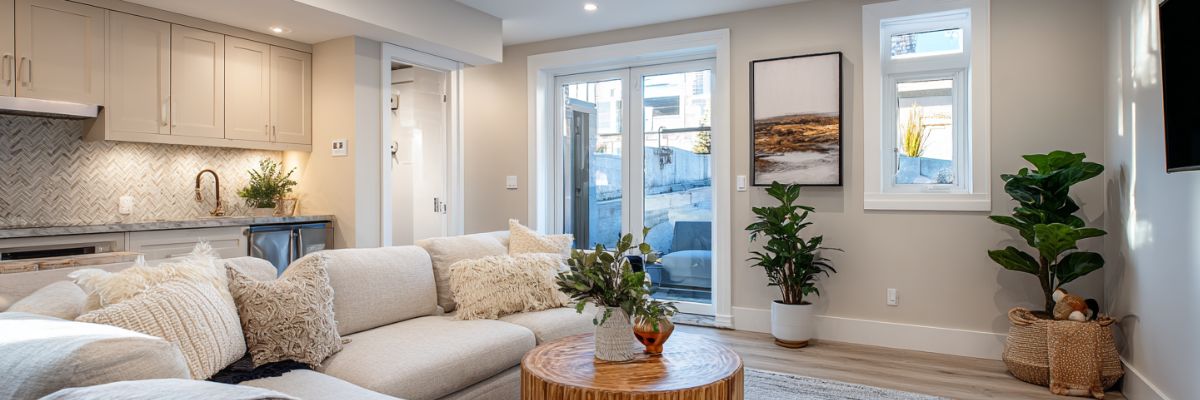

.jpg)
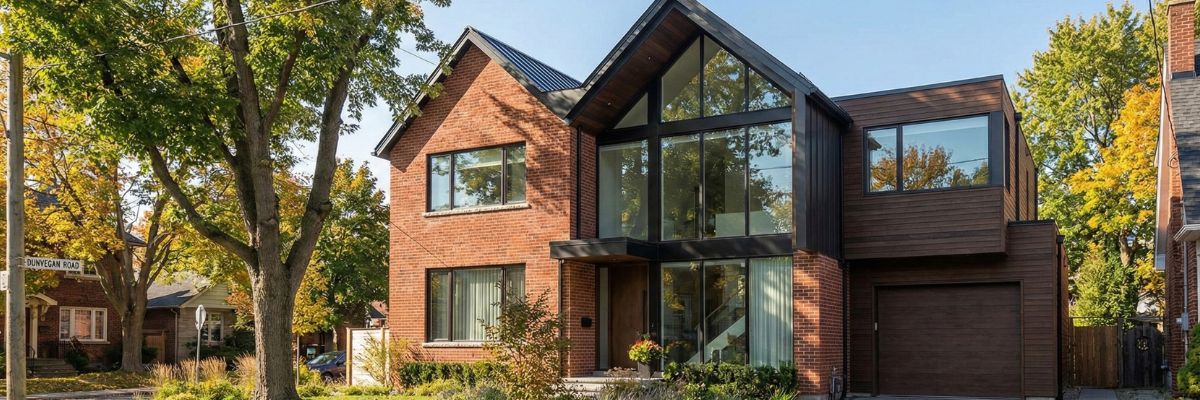
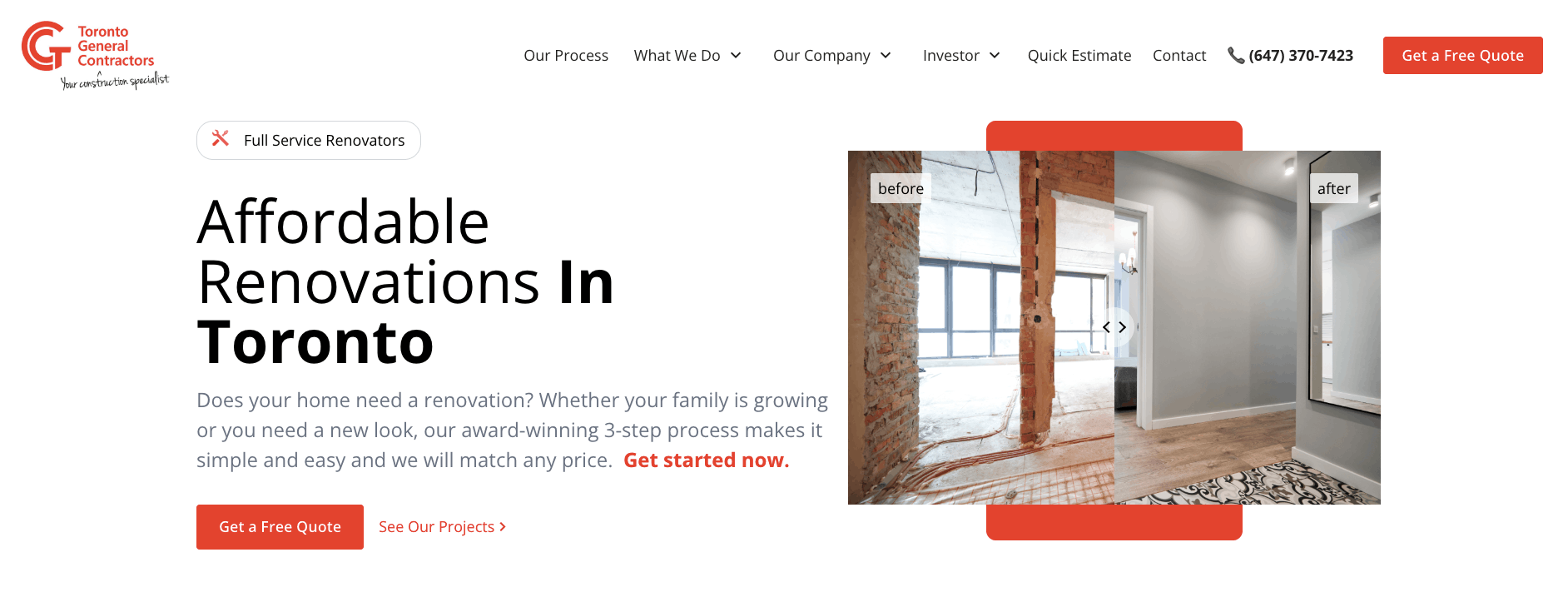
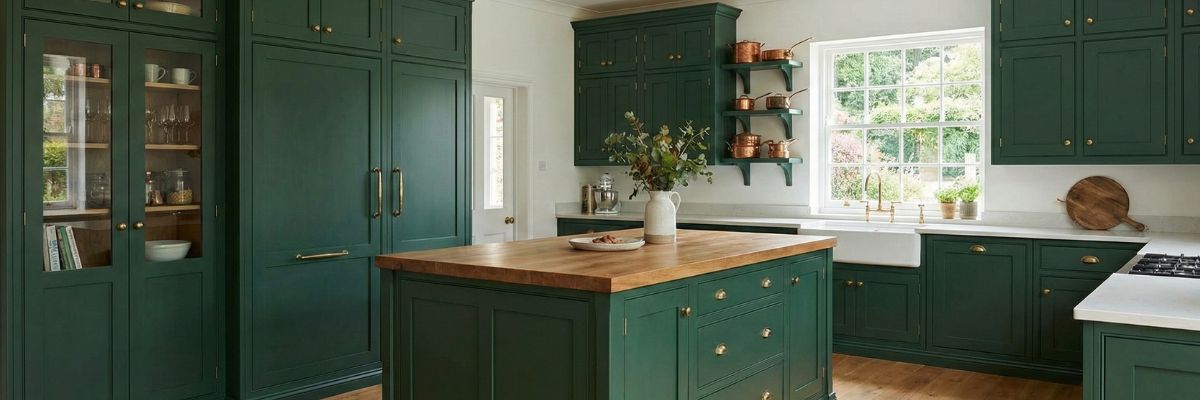
.jpg)

.jpg)
